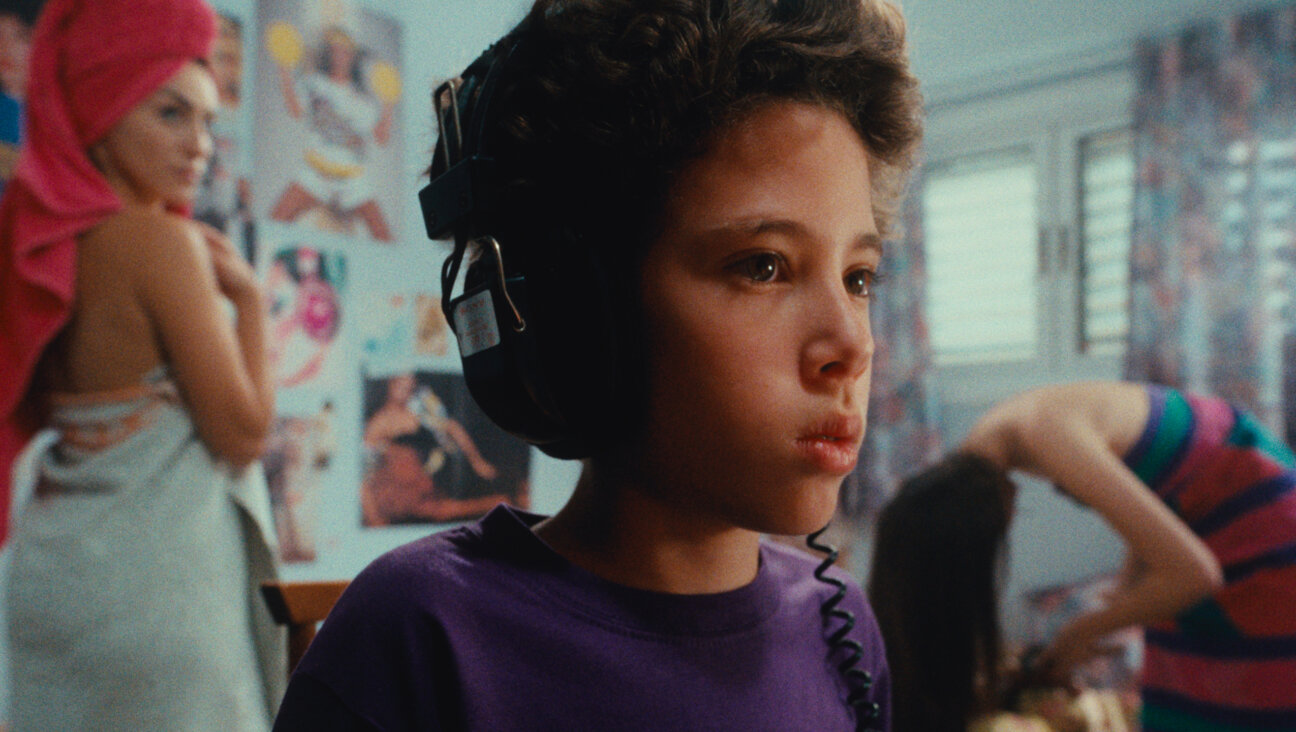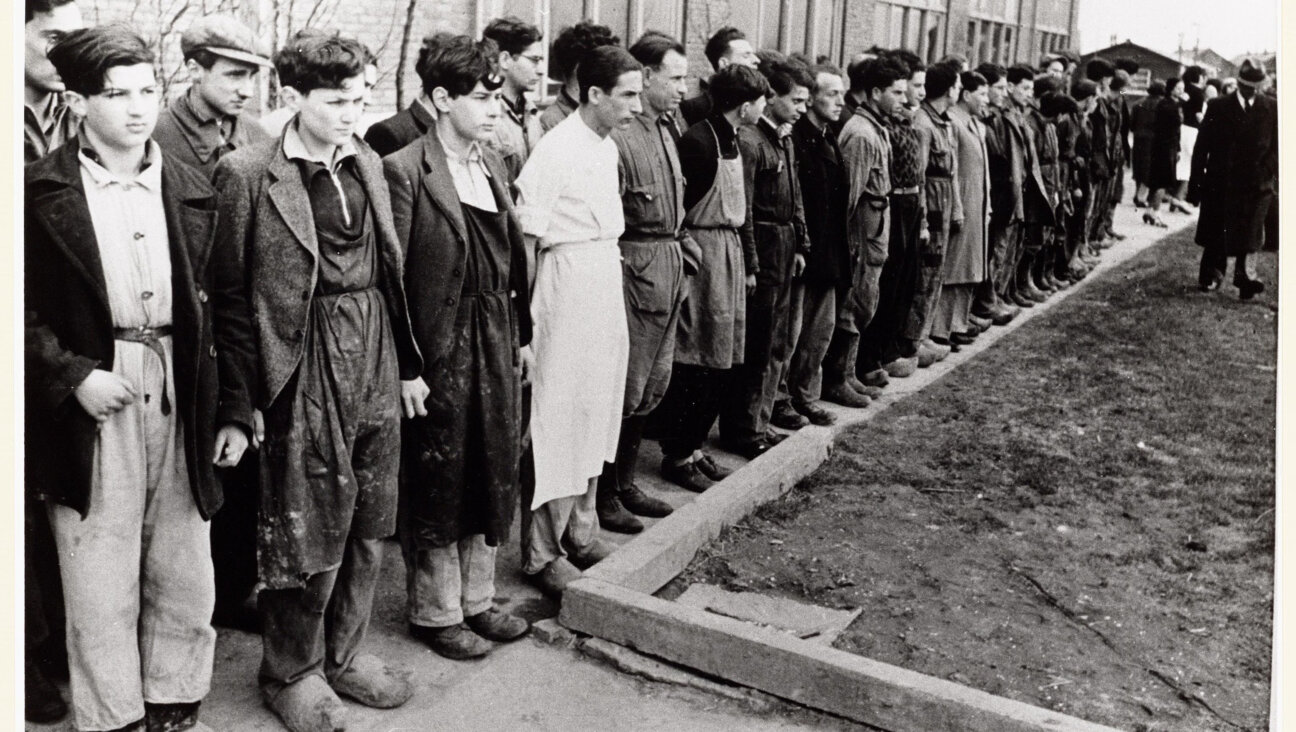Mini-schools Push ‘Jewish Literacy’ for Adults
In the fall, four new Florence Melton Adult Mini-Schools will open throughout North America, joining ranks with the more than 60 such schools already in operation worldwide.
The world’s largest Jewish adult education network, the Florence Melton Adult Mini-Schools have expanded at a steady rate of four to five schools per year, with graduates now numbering more than 20,000. Founder Florence Melton initially established her schools in three sites in 1986; the schools later experienced rapid growth in the late 1980s and early ’90s. The newest additions are slated for Los Gatos, Ca.; Newport News, Va.; Palo Alto, Ca., and Vancouver, Canada.
The schools’ program spans two years and includes four courses: Rhythms of Jewish Living, an overview of Jewish rituals; Purposes of Jewish Living, essential theological concepts; Ethics of Jewish Living, and Dramas of Living, a survey of Jewish history. Each year consists of two courses, meeting once a week for 30 sessions. Classes are limited to anywhere from 15 to 25 students, who are typically between 45 and 55, and the staff of teachers includes rabbis, professors and other individuals with strong Jewish backgrounds.
The purpose is to advance “Jewish literacy” by “[providing] adults with tools and knowledge of Jewish texts, making them their own,” said David Chack, the network’s director of community development. “[We hope] to bring other Jews into a conversation that has lasted thousands of years,” said Betsy Katz, Melton’s North American director.
FMAMS is one of several existing adult education programs, but unlike others — which include the Wexner Heritage Foundation, the Me’ah program and CLAL-The National Jewish Center for Learning and Leadership — it sees itself as more egalitarian. David Chack noted that Wexner and CLAL, for example, are more focused on fostering Jewish leaders, with Wexner requiring an application process prior to acceptance.
The curriculum is jointly designed by educators at the Melton Institute at Hebrew University and academics from Hebrew University, its partner organization. The Melton school system is a project of Hebrew University of Jerusalem’s Melton Centre for Jewish Education, supported in part by grants from such organizations as the Avi Chai Foundation.
Though it has a central organization based in Chicago — which serves as a liaison between Hebrew University and local establishments, decides where franchises will be established, and oversees the hiring of teachers and directors — final decisions are made at the local level.
“[We] feel strongly that the community has to own [the Mini-School] and have that investment in it,” Chack said. Communities go through an application process to prove the reliability of their infrastructure before being approved to house a school, most of which are located in community JCCs to ensure a lasting local presence.
Ronna Steinback, a Hebrew school teacher and recent Melton graduate, found the school’s classes to be “interactive, deep and strong,” transforming her into a “more articulate and sure storyteller.” While initially hesitant to make the time commitment, Steinback was “grateful for being pushed… [FMAMS] has done so much for me as a person, as a Jewish adult… [I] will never be done studying.”













